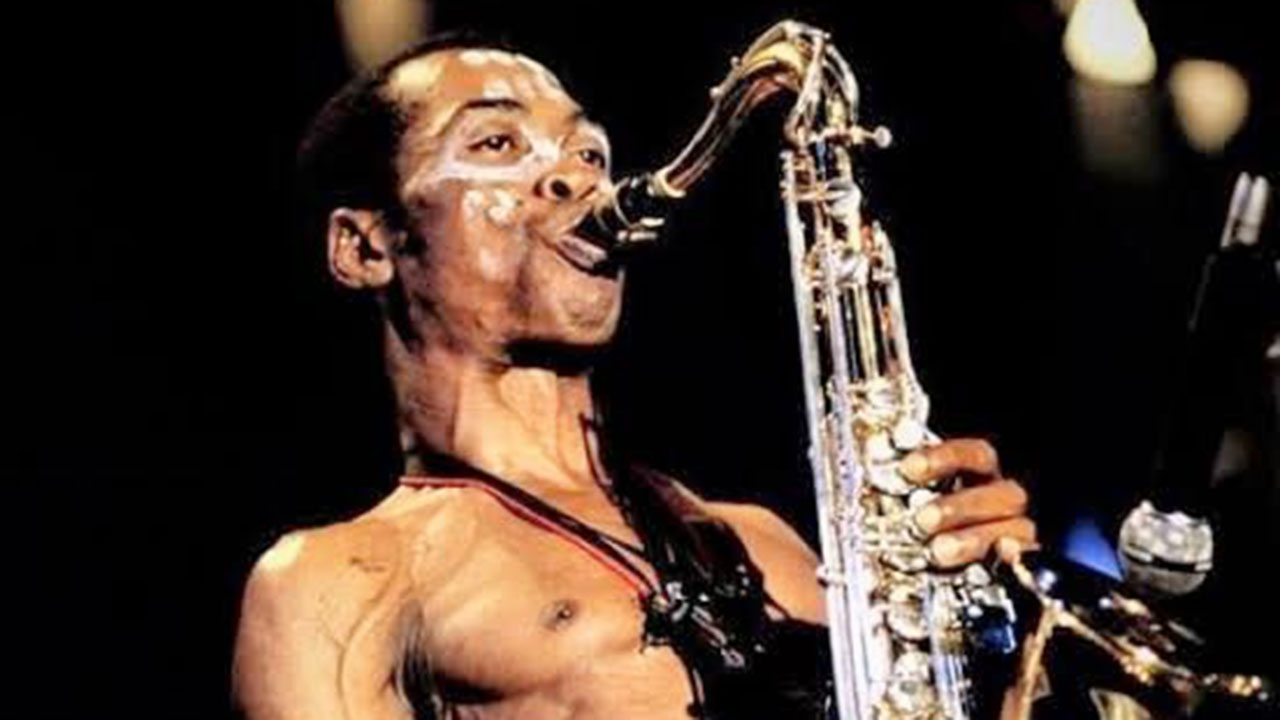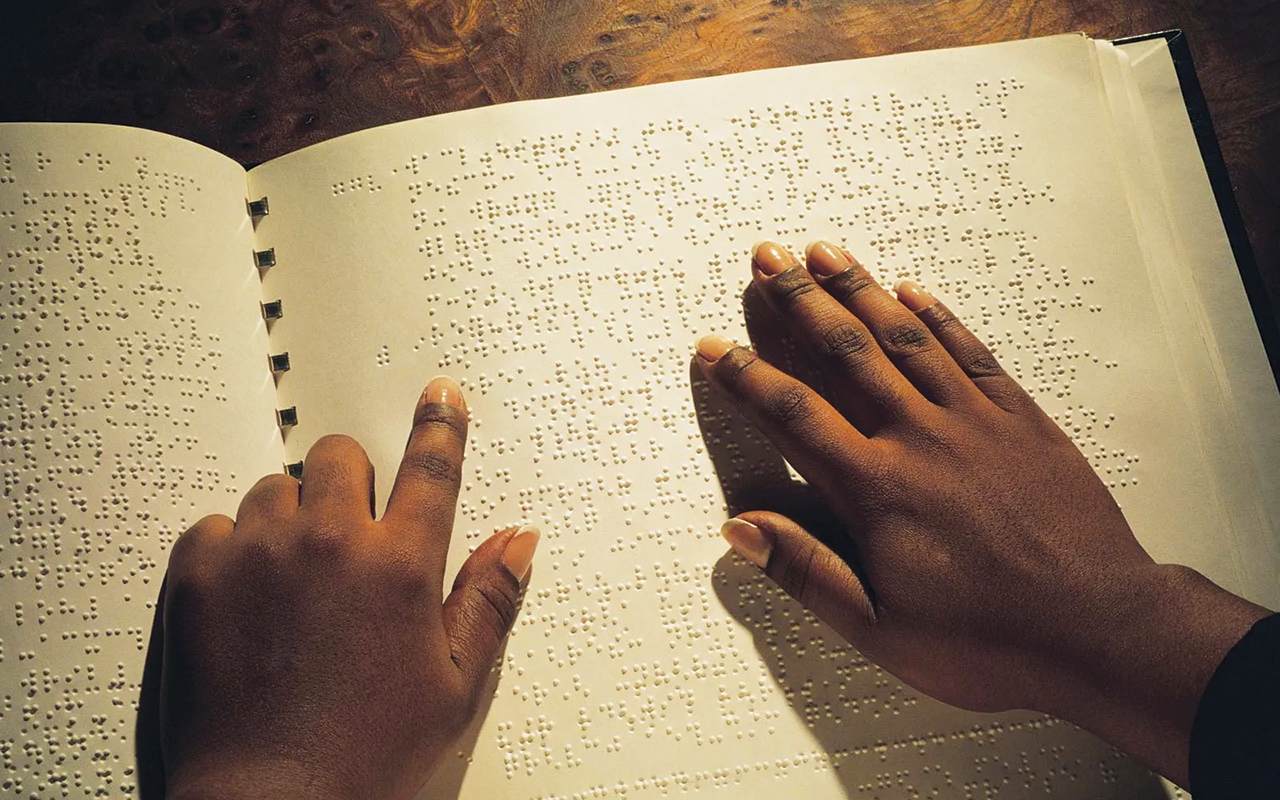
• Embrace Activism In The Political Sphere
Dr. OGAGA IFOWODO is also in the race for the USD$100,000 worth The Nigerian Prize for Literature 2017, with his collection, A Good Mourning. In this interview with ANOTE AJELUOROU, he lays out an alternative vision for the poet/philosopher for a society in dire of need of national rebirth
It’s just a small step away before victory is assured, should you be the lucky winner, having been shortlisted for the prize. Does it seem like Waiting for Godot, to echo Samuel Beckett?
Only in the most literal sense, perhaps, but no! Recall that in the play, Godot never arrives, whereas the prize will not only be won (by me, I hope!) but declared to have been won in October, a mere month away. In any case, I sort of like the weight of expectation, even of anxiety, that the short wait presents. I could almost liken it to the kind of creative anxiety that attends the birth of poetry, of writing, which the prize celebrates. I should add that the sense of stasis, of hopeless inertia or passivity that Beckett dramatizes so unforgettably cannot, in any way, be likened to the frenzy of expectation and activities that the announcement of the long list alone sets in motion. There is nothing, I think, of an endless wait about it at all.
What are your expectations?
That I win it!
What makes your book unique and why do you think it should be the jury’s choice?
I would say it is the difficult task of reflecting on the intimacy of evil and the challenge of doing so in verse, and not as philosophy, a sermon, or a lecture. There is the danger of treading the path of the historian, or the journalist, especially with the occasions for the defining poems of the collection so brutally seared in the collective memory. Finding the language to clarify the necessarily complicated thoughts or intimations borne of this creative exercise, and the formal approaches best suited to their expression, amounts to a feat, especially as the linguistic register must constantly shift to accommodate the varied experiences and contexts of the particular manifestation of evil A Good Mourning contemplates. It called for a certain dare or experimentalism, to use a more familiar term, while still remaining within the orbit of the traditional—the horrors of history being as old, anyway, as humanity. To the extent that I succeeded in doing so—and my making it from the long to the short list suggests that I did—that, I believe, constitutes its unique quality.
From traditional to social media, do you think the prize has generated enough conversation, good or bad? And is the conversation coming as an informed one?
I have to confess that I am not an ardent citizen of our brave new social media world, so I haven’t scoured chatrooms enough to know just how much is being said about the prize and this year’s contenders. I have, however, seen one or two attempts to speak to the quality of the shortlisted books from the perspective of a focus on the authors’ respective strengths. It was too brief and categorical, however, almost as if the poets inhabit creative cocoons, to be as informed as it set out to be. But I am sure a ton of things are being said about the prize—far more so, unfortunately, on social media platforms than in the press, which ought to shape and lead the conversation by way of reviews and commentary. Perhaps, when the book tour, which follows the announcement of the short list begins, a more fruitful conversation on the books and what they seek to add to our literary and cultural discourse will also commence in earnest.
From the longlist of 11 poets to the book party and now just three, just how arduous has the journey been?
Not arduous at all, as I believe I have tried to show in my response to the first question.
From your experience in the prize journey, what are the challenges confronting poets and writers in Nigeria and how do you propose to mitigate them?
The challenges are far too many, too structural and endemic for any one writer to hope to ameliorate them in any way. From a collapsed educational system breeding illiterates, because pupils are being taught by half-literates in far too many instances, to the total annihilation of any sense of values—of enduring ethical ethos—what is required is a gigantic collective effort at national rebirth. Poets, as the English poet Shelley famously quipped, may be the ‘unacknowledged legislators of the world’ but acknowledgement by way of a hundred-thousand-dollar prize will not enhance their capacity to legislate social change, I’m afraid! For that, poets and writers have to recognize that writing is just one mode of registering their presence and giving account of their time on earth. Poets must seek out other modes of seeking to empower their vision, of realising the preferred alternative society, through activism in the other spheres of existence—the political, especially.
Should you win, is there any social, political or cultural cause/s you might channel part of the prize money?
Here is the plain truth, which I have already hinted at: USD$100,000, though not a sum to be sniffed at anywhere, and certainly not in a criminally impoverished country like ours, where the average person survives on less than a dollar a day, is nevertheless not a fortune. There isn’t much that can be done with it beyond guaranteeing the poet, at best, a permanent roof over her head so she may write without the landlord breathing down her neck. The prize money most certainly cannot fund, for instance, the founding of a new, uncompromisingly people-centred political party that would harness the boundless energy of the youth of this country. It can’t even achieve the rebuilding and transformation of my primary school to a modern, 21st Century place of learning to make the children who pass through its portals compete with their peers in South Korea, Malaysia, or China—never mind Europe or North America!
Literary prizes, in general, are not conceived of, or awarded, with missionary goals in mind. They are tokens of personal recognition for writers and their lucky winners. If I win, there are more than enough worthy personal causes to which I would devote the cash, the better to boost the completion of four works—yes, four—in progress! That said, I have thought of establishing a secondary school poetry prize before and winning would bring that dream closer to fruition!






